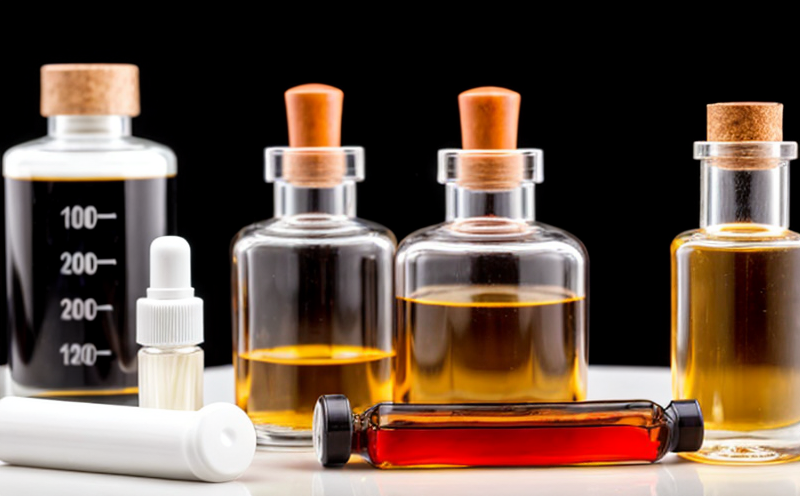ISO 14630 Biocompatibility Chemical Testing for Medical Devices
The ISO 14630 standard is pivotal in ensuring that medical devices are biocompatible, meaning they do not cause adverse reactions when in contact with the human body. This service focuses on providing comprehensive chemical analysis to meet these stringent requirements.
Biocompatibility testing ensures that materials used in medical devices, such as implants, catheters, and prosthetics, interact safely with bodily tissues without causing inflammation, irritation, or toxicity. The ISO 14630 standard specifically addresses the biocompatibility of polymers, metals, and other materials commonly found in medical devices.
The testing process involves several steps, including specimen preparation, chemical analysis, and interpretation of results against the standards set forth by ISO 14630. Specimens are prepared according to specific protocols to ensure accurate and reliable test outcomes. These protocols include cleaning, degreasing, and drying specimens in a controlled environment.
Chemical analysis is conducted using advanced instrumentation such as Fourier Transform Infrared Spectroscopy (FTIR), Gas Chromatography-Mass Spectrometry (GC-MS), and High Performance Liquid Chromatography (HPLC). These instruments are capable of detecting trace amounts of chemicals that may leach from the material into the body. The results of these analyses are then compared against the biocompatibility criteria outlined in ISO 14630.
Upon completion, a detailed report is generated summarizing the test parameters, specimen preparation methods, analytical techniques used, and compliance with relevant standards. This report serves as critical documentation for regulatory submissions and internal quality assurance processes.
The importance of this service cannot be overstated, especially in the context of healthcare where patient safety is paramount. By ensuring that medical devices meet biocompatibility requirements, we contribute to reducing the risk of adverse health effects associated with device use.
Customer Impact and Satisfaction
The primary goal of our ISO 14630 biocompatibility chemical testing service is to ensure the safety and effectiveness of medical devices. This impacts customers in several ways, including enhanced product reputation and reduced liability risks.
- Ensures regulatory compliance
- Reduces potential for adverse health effects
- Enhances product reliability
- Increases market confidence
Our service has a positive impact on the reputation of our clients, ensuring that their products are seen as safe and reliable. This is crucial in the highly regulated medical device industry.
International Acceptance and Recognition
The ISO 14630 standard is widely recognized and accepted globally, making it a key requirement for medical device manufacturers seeking to enter international markets. Compliance with this standard ensures that products meet the highest safety standards.
The standard’s acceptance across borders simplifies regulatory processes and enhances market access for compliant devices. This global recognition underscores its importance in ensuring patient safety on an international scale.
Use Cases and Application Examples
This service is applicable to a wide range of medical device manufacturers, from small startups to large multinational corporations. Here are some examples:
- A biomedical company developing a new polymer-based implant
- An orthopedic manufacturer testing the biocompatibility of a new joint prosthesis material
- A medical device firm ensuring compliance with ISO 14630 for its catheter products
These examples illustrate how our service plays a crucial role in the development and quality assurance processes of various medical devices.
Frequently Asked Questions
- Ensures patient safety
- Facilitates regulatory compliance
- Enhances product reputation
- Reduces liability risks





